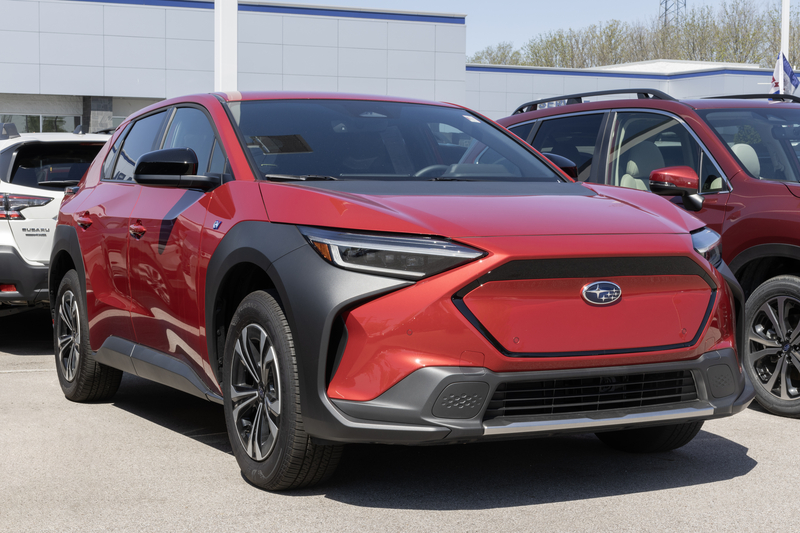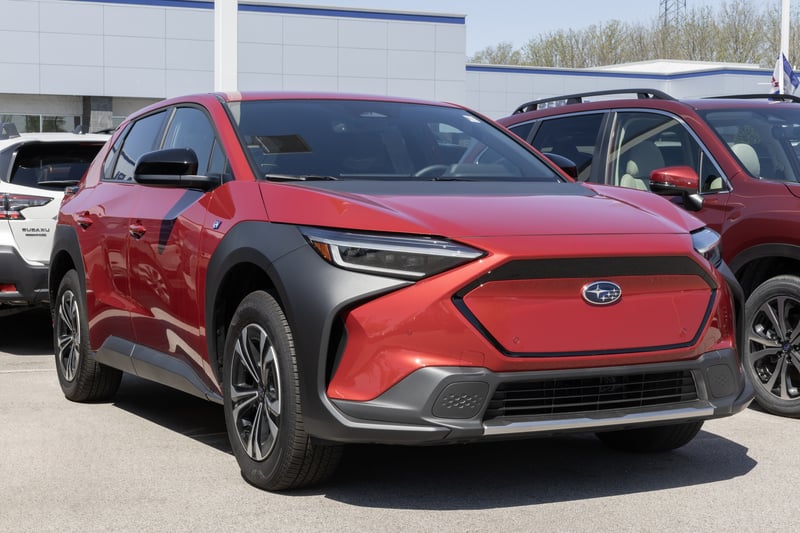
In New Jersey, the shift towards electric vehicles (EVs) is generating both excitement and uncertainty among drivers, accentuated by the current political discourse. A recent survey by Quantrell Subaru reveals that while the appeal of EVs is strong, particularly due to their environmental benefits and potential cost savings, apprehensions remain about their practicality and the upfront costs involved.
The survey, which involved 3,000 New Jersey drivers, found that 36% are still undecided about the practicality of switching to an EV. Concerns include the higher initial purchase price noted by 20% of respondents, and another 20% are wary of the adequacy of the current charging infrastructure. Additionally, the potential high costs and hassles of battery replacement are a significant concern for 26% of those surveyed.
Despite these concerns, the environmental benefits and lower operating costs are significant draws, with 32% of drivers attracted by these aspects. High-performance capabilities appeal to 19% of potential buyers, and government incentives are a crucial factor for 15%, highlighting the influence of policy on consumer decisions.
However, skepticism exists, with 57% of participants viewing the push for EVs as potentially profit-driven, which could undermine the sustainability narrative. Moreover, the possibility of removing incentives could dampen enthusiasm significantly, with 62% indicating they might reconsider an EV purchase.
Media influence plays a notable role, with positive reports encouraging 29% to consider an EV purchase. Yet, 43% express concerns about increased surveillance and control over their driving patterns through EV technology.
Brentley Jones, owner of Quantrell Subaru, emphasizes the importance of addressing these concerns transparently to foster a better understanding of EV technology. “While there are hurdles to overcome, the future of EVs is bright,” he states. The dealership is committed to helping customers navigate these issues, ensuring they are well-informed about range limitations, battery health, and maintenance costs.
As the conversation around electric vehicles continues to evolve, particularly in light of changing political stances and technological advancements, it becomes increasingly crucial for stakeholders to work together to support consumer transition to more sustainable transportation options.

